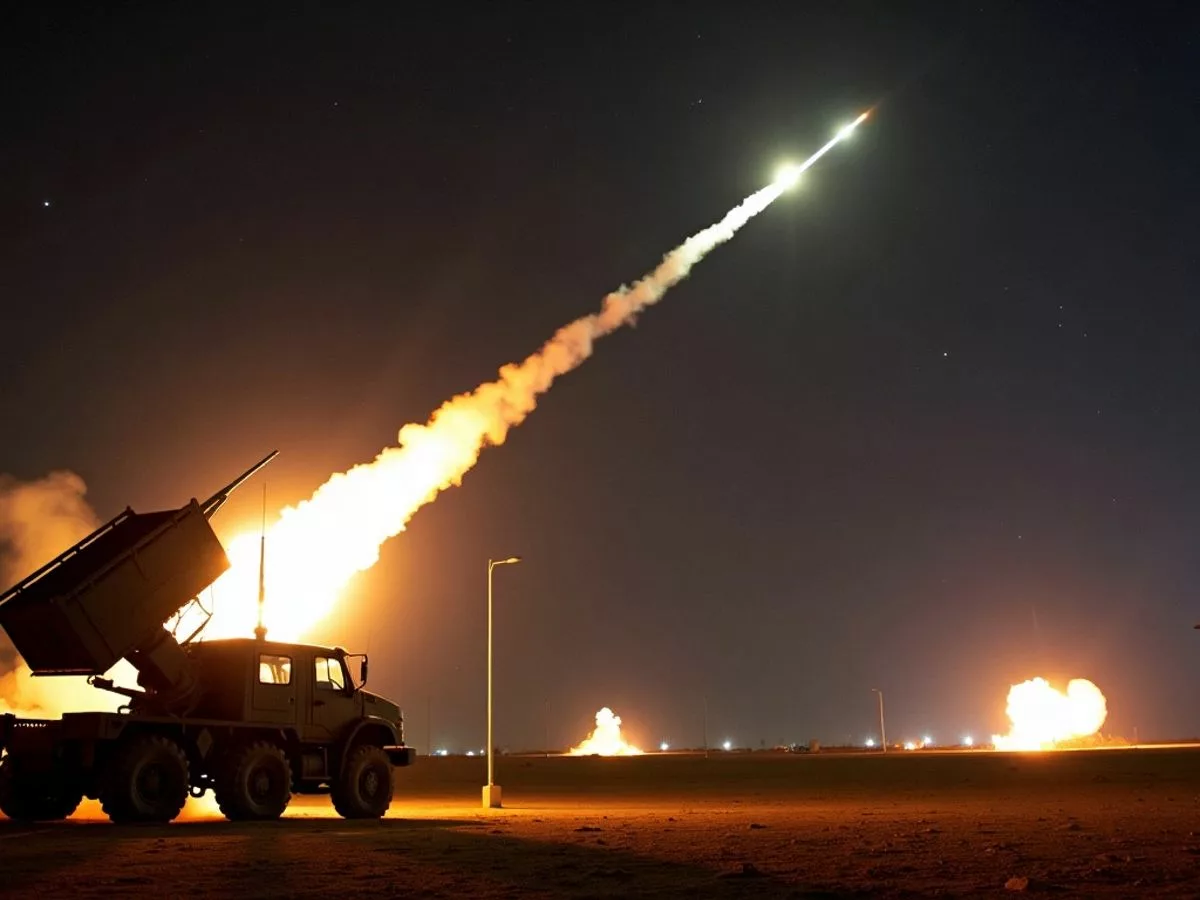
Syrian air defenses successfully intercepted suspected Israeli missiles, marking a significant escalation in the ongoing tensions in the region. This incident comes amid reports of Israel planning a limited ground operation in Lebanon, further complicating the already volatile situation.
Key Takeaways
- Syrian air defenses intercepted missiles believed to be launched by Israel.
- Israel is reportedly planning a limited ground operation in Lebanon.
- The situation remains tense with ongoing cross-border hostilities.
Background
The recent interception of missiles by Syrian air defenses highlights the escalating military tensions in the Middle East. Israel has been actively involved in military operations against Hezbollah and other groups in the region, particularly following the recent conflict with Hamas.
Details of the Incident
- Date of Interception: The exact date of the missile interception has not been disclosed, but it is part of a series of military actions in the region.
- Type of Missiles: The intercepted missiles were suspected to be Israeli, although specific details about their type or intended target remain unclear.
- Response from Syria: Syrian military sources confirmed the interception, emphasizing their readiness to defend against any aerial threats.
Israel’s Military Plans
In a related development, Israel has informed the United States about its plans for a limited ground operation in Lebanon. This operation is expected to be smaller in scale compared to Israel’s previous military engagements, such as the 2006 war against Hezbollah.
- Objectives of the Operation: The primary focus will be on securing border communities and targeting Hezbollah militants.
- Statements from Israeli Officials: Israel’s Defense Minister, Yoav Gallant, indicated that military operations would continue despite the recent killing of Hezbollah’s leader, Hassan Nasrallah. He stated, "The next stage in the war against Hezbollah will begin soon."
International Reactions
The international community is closely monitoring the situation, with U.S. President Joe Biden expressing opposition to Israeli ground operations in Lebanon. He has called for a ceasefire, indicating a desire to de-escalate the ongoing violence.
- Biden’s Position: Biden emphasized the need for a ceasefire, stating, "We should have a ceasefire now."
- Casualties in Lebanon: The recent escalation has resulted in significant casualties, with reports indicating that at least 558 people were killed in a single day of violence, marking one of the deadliest periods since Lebanon’s civil war.
Conclusion
The interception of suspected Israeli missiles by Syrian air defenses underscores the fragile security situation in the Middle East. As Israel prepares for potential ground operations in Lebanon, the risk of further escalation remains high. The international community’s response will be crucial in determining the future course of events in this volatile region.






